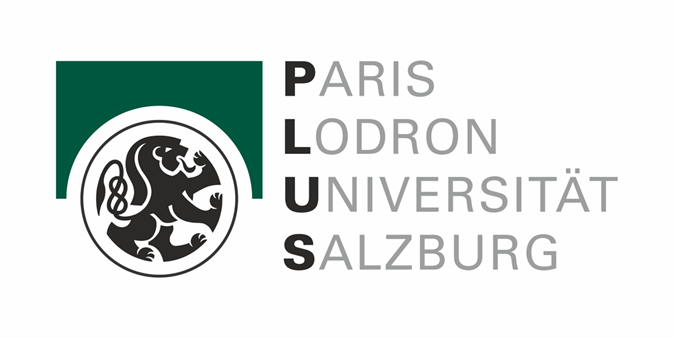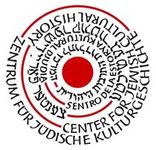דרומליס
Grammatical information: noun m.
Translation: tent/court on the road (side) / fast runner
Translation equivalent: *δρομαυλις
אמר ר' אבהו פלונו שלאבינו אברהם מפולש היה, ר' יודן אמר כהדין דרומליס אמר אם אראם שהפליגו אני יודע שבאין אצלי, כיון שראם שהפליגו מיד וירץ לקראתם.
48,9 [II 486: 3]
R. Abbahu said: The tent of our father Abraham was open to both sides. R. Yudan said: He was like that (a) court or tent on a road / (b) fast runner; he said: If I see them turn aside, I will know that they are coming to me. When he saw them turn aside, immediately he ran to meet them.
פלונו
= Yalq 82 [24a: 46]
(a) Levy I 425-426: ~ Gr. δρόμος „course”; Krauss, LW II 217a: ~ Gr. *δρόμαυλος from Gr. δρόμος „course“ (for further explanation cf. Krauss (1893) 529). However, Löw (ad loc.) suggests Gr. δρομείς, which fits to Sperber 1978. Similarly, we explain as a compound (supported by the orthography in Ox 1 and Vat 1) δρομ-αυλις from δρόμος “course, road” + αὐλή “(open) court(yard)” (cf. also אבלי) or αὖλις f. “tent or place for passing the night” (Hom+). Jastrow I 322 interprets the lemma as corr. Gr. δίπυλος, i.e. he has a different explanation, but understands the lemma as referring to the tent. (b) Here, the interpretation and translation follows AC II 154-155, where the lemma refers to Abraham and the following context “he ran to meet them” The suggested underlying Greek lexeme would be a compound *δρομώλης “runner” consisting of δρόμος + -μωλης from μολ- (?) or suffix (?). Hapax. AC and MY mention also Lat. dormitio as possible source.
Bibliography:
AC III, 154-155.
How to cite: Art. דרומליס in: Dictionary of Loanwords in Rabbinic Literature. Eds. . https://lrl.acdh.oeaw.ac.at/dromolis.html. 2024.



